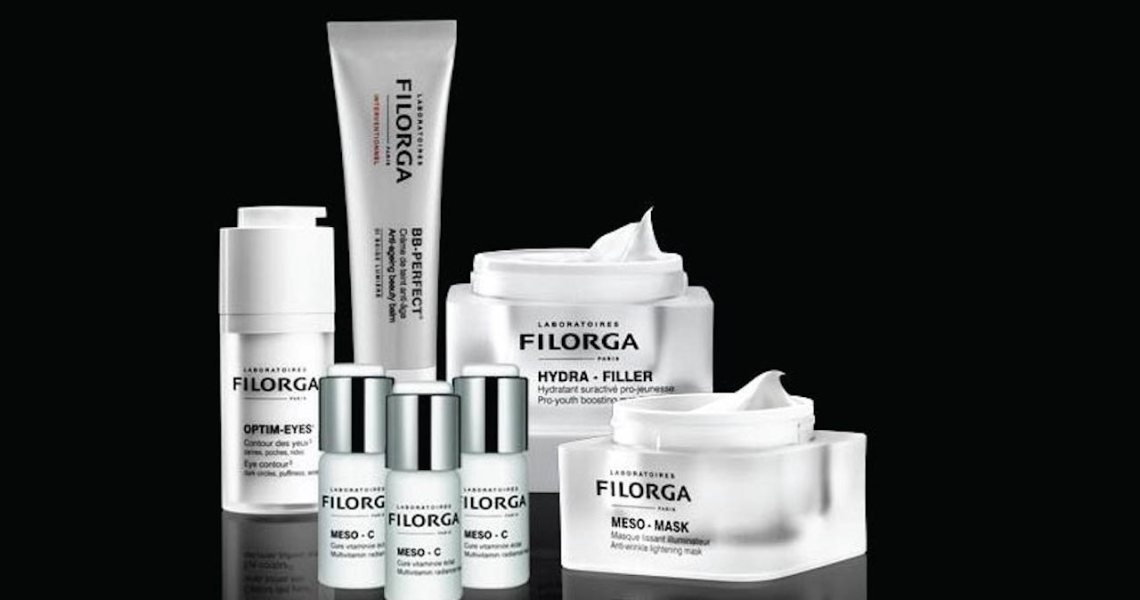In 2019, mega-price tags for Elemis, Drunk Elephant and Tatcha coupled with a year-long makeup market slowdown, seemed to suggest one thing from the investing community: Skin care was the beauty industry’s most fruitful opportunity.
Though conglomerates like L’Occitane, Shiseido Group and Unilever turned to the above companies to fill out prestige gaps within their portfolios, another set of CPG firms weren’t interested in luxury positioning or sexy packaging. Instead, SC Johnson, Beiersdorf and Colgate-Palmolive favored a more practical kind of beauty: functional beauty. This category could see big rewards in 2020.
SC Johnson’s outright purchases of Sun Bum for a reported $400 million and Oars + Alps for a reported $20 million, as well as its majority stake in Coola earlier this year, suggested a focus on beauty for the whole family. (The company also began staffing its new SC Johnson Ventures arm quietly this fall.) The same could be said for Beiersdorf and its purchase of Coppertone for $550 million in May. While Colgate-Palmolive’s purchase of Filorga for nearly $1.7 billion in July skewed into premium beauty territory, the company’s namesake Colgate and SoftSoap products, as well as its EltaMD assortment that the firm purchased in 2017, are found in drugstores.
“Consumers’ focus on wellness has pushed many CPG companies to evolve their portfolio strategies to include skin health. Skin-care tends to generally be a high-margin and high-attachment business with limited fashion risk, and an opportunity to differentiate through efficacy and innovation,” said Vennette Ho, managing director at Financo.
Though many back aisle personal care products have gone through a beauty renaissance as of late, namely sexual wellness products and oral care, the same heritage names have dominated body and sun-care. Think of Galderma Laboratories’ Cetaphil or Johnson & Johnson’s Aveeno. Still, the the opportunity for efficacy and millennial-minded marketing is great.
“In makeup and premium skin care, there is much more fragmentation and competition. Functional beauty is purposefully broadly defined and based on need state. Consumers naturally feel that these type of products, like sunscreen, have a necessary lifetime value,” said Deepti Chauhan, director of consumer products at Citigroup.
The focus on functional beauty and not beauty with a capital B also suggests a longer lifecycle for parent companies and brands, because these products don’t focus on trend, a single type of shopper or, even, a generational demographic like Gen Z or millennials. For conglomerates outside of The Shiseido Group, Estée Lauder Companies or L’Oréal, this presents a significant opportunity to play in beauty without veering into makeup or hair, where they have no real expertise.
While the appetite for beauty may not slow down among the investor or strategic set in 2020 and M&A will continue to be necessary for conglomerates to update their portfolios, the companies to look at may not be the next Glossier or Kylie Cosmetics of the world, but instead the next Aquaphor.




